Historians have spoken, and these leaders stand above the rest.
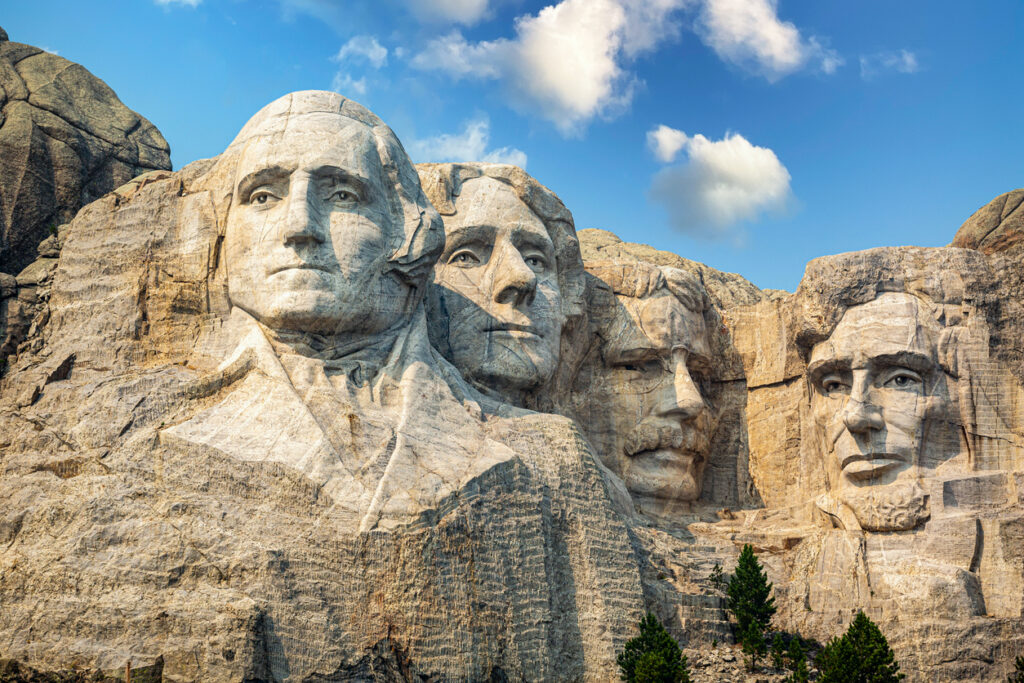
Not all presidents are created equal, and history has made that crystal clear. While some leaders merely occupied the White House, others reshaped the very fabric of American society. They inspired, reformed, built, and even saved the nation during its most pivotal moments. Leadership at this level requires a unique mix of vision, resilience, and an unshakable sense of duty. And when historians evaluate greatness, they look for more than popularity—they look for impact.
The Siena College Research Institute surveyed scholars in 2022 to rank every U.S. president. Drawing on expert analysis of leadership traits, accomplishments, and crises faced, the rankings reveal who truly rose to the occasion. In this list, we’re highlighting the 15 most highly regarded presidents—those whose legacies have stood the test of time. And just for contrast (or controversy), we’re including the bottom five—those whose time in office left more damage than progress.
1. Franklin D. Roosevelt led America through its darkest days and reshaped the nation.

FDR entered office as the country teetered on the edge of collapse. Banks were failing, unemployment was soaring, and Americans had lost faith in their institutions. He wasted no time rolling out the New Deal, a sweeping set of programs that brought immediate relief and long-term reform. From Social Security to public works programs, his policies redefined the role of government in people’s lives. But his leadership didn’t stop at home, according to experts at the Library of Congress.
When World War II erupted, Roosevelt became the steady voice that carried a nation through fear and uncertainty. His fireside chats reassured citizens, and his alliance-building abroad helped forge the path to Allied victory. He’s the only president to serve four terms—a testament to the trust he earned. Even now, his legacy shapes debates about government responsibility and leadership during crisis. FDR didn’t just lead a country—he rebuilt its soul.
2. Abraham Lincoln saved the Union and changed the course of history.
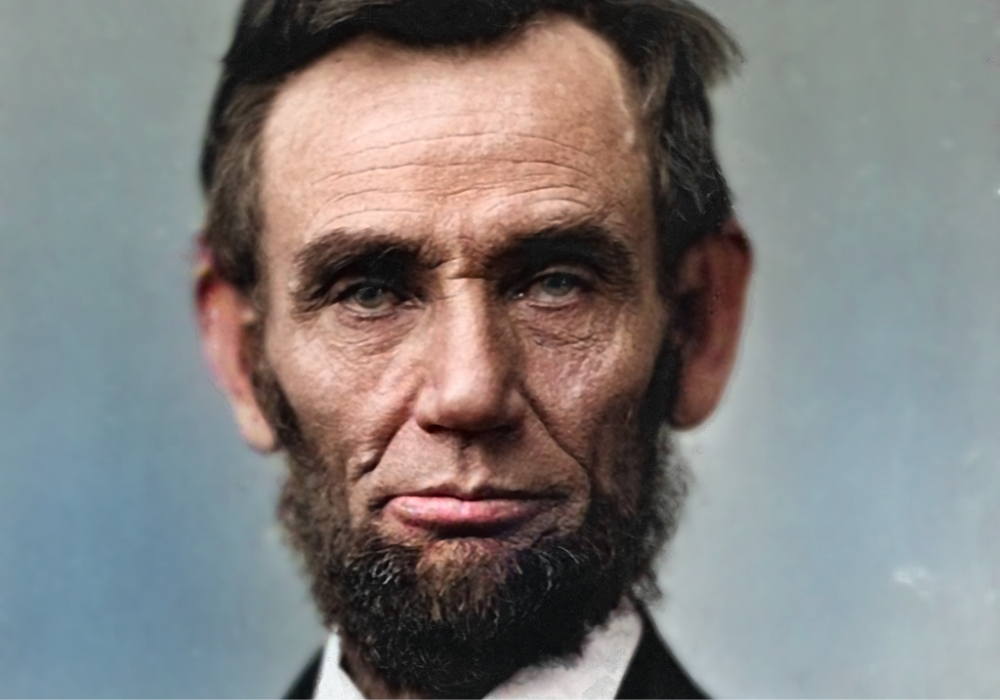
At a moment when the United States faced collapse, Lincoln stood firm with moral clarity and unshakable resolve. Taking office as secession tore the nation apart, he faced not just a divided country, but the existential question of whether democracy itself could survive. Through his careful leadership during the Civil War, he preserved the Union while remaining focused on the broader ideals of equality and justice.
Lincoln’s Emancipation Proclamation shifted the war’s purpose from mere preservation to transformation, planting the seeds for civil rights battles that would unfold for generations. His eloquence in speeches like the Gettysburg Address revealed a deep understanding of the nation’s founding principles—and its potential. Tragically, his life was cut short just as the war ended, but his legacy endures as a symbol of unity, humility, and visionary courage, as per writers at the National Archives.
3. George Washington defined what it meant to be president.
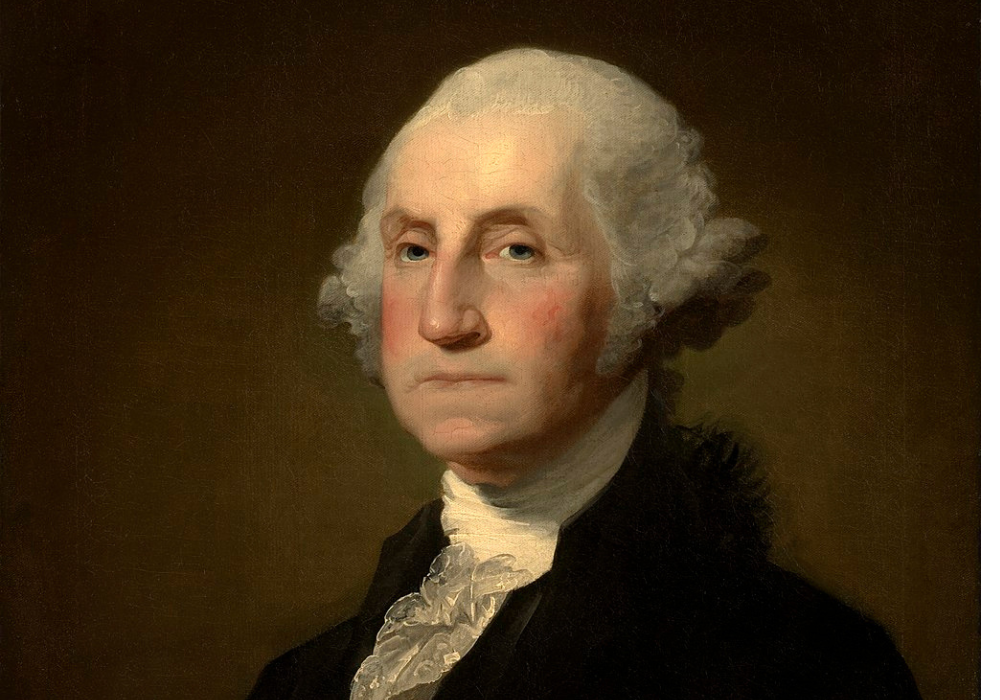
Before George Washington, the United States was a fragile experiment. He could have taken power for life, but instead chose to model the very democracy he fought to create. By declining a third term and peacefully transferring power, he cemented the foundation of American democracy. His restraint, humility, and sense of service became the gold standard for future leaders.
Washington’s presidency established crucial precedents: the formation of a Cabinet, the neutrality stance in foreign wars, and a firm stance against political factions. In times of uncertainty, he brought calm. In moments of challenge, he brought resolve, as reported by Evans Keerigan at Integris Performance Advisors. With no road map, he shaped the office of the presidency into an enduring institution—and in doing so, became more than a founding father. He became the very embodiment of American leadership.
4. Theodore Roosevelt brought energy and bold action to the presidency.
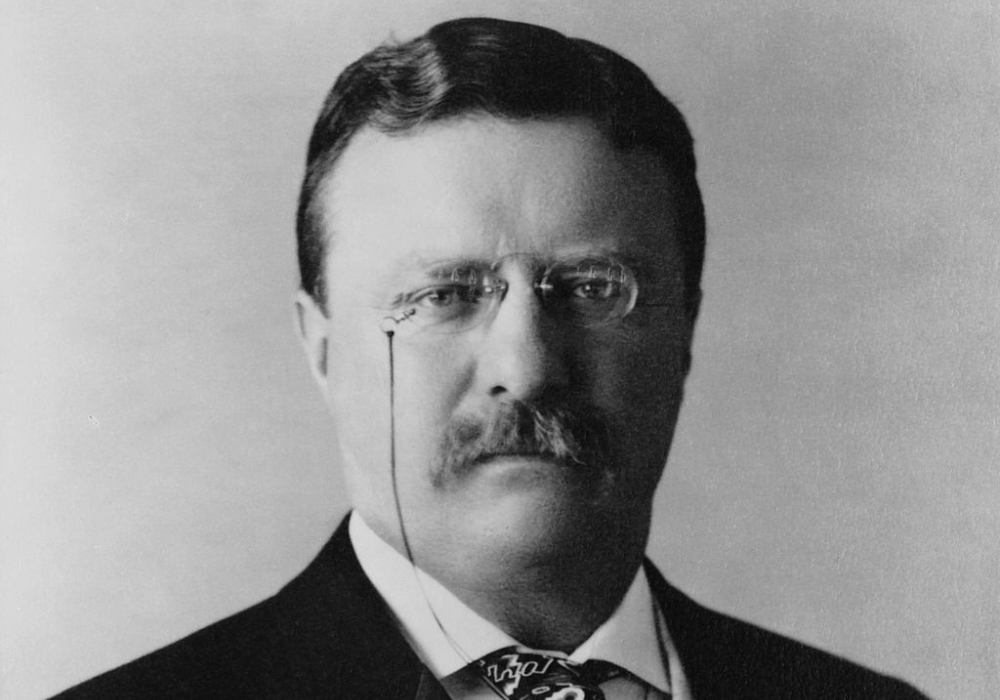
Teddy Roosevelt didn’t inherit the presidency—he seized it with vigor and purpose. Thrust into office after McKinley’s assassination, he transformed the role into a dynamic force for progress. He busted monopolies that stifled competition and exploited workers, championed food safety with landmark legislation, and pioneered conservation by establishing national parks and protected lands.
Roosevelt viewed the presidency as a “bully pulpit,” a platform from which to drive moral and social change. His fearless diplomacy—most notably in securing the Panama Canal—expanded America’s global reach. But it was his passion for justice and fairness at home that truly defined him. He made the presidency more than a managerial post; he turned it into a source of bold leadership that could energize a nation and challenge entrenched power.
5. Thomas Jefferson doubled the nation’s size and shaped its ideals.
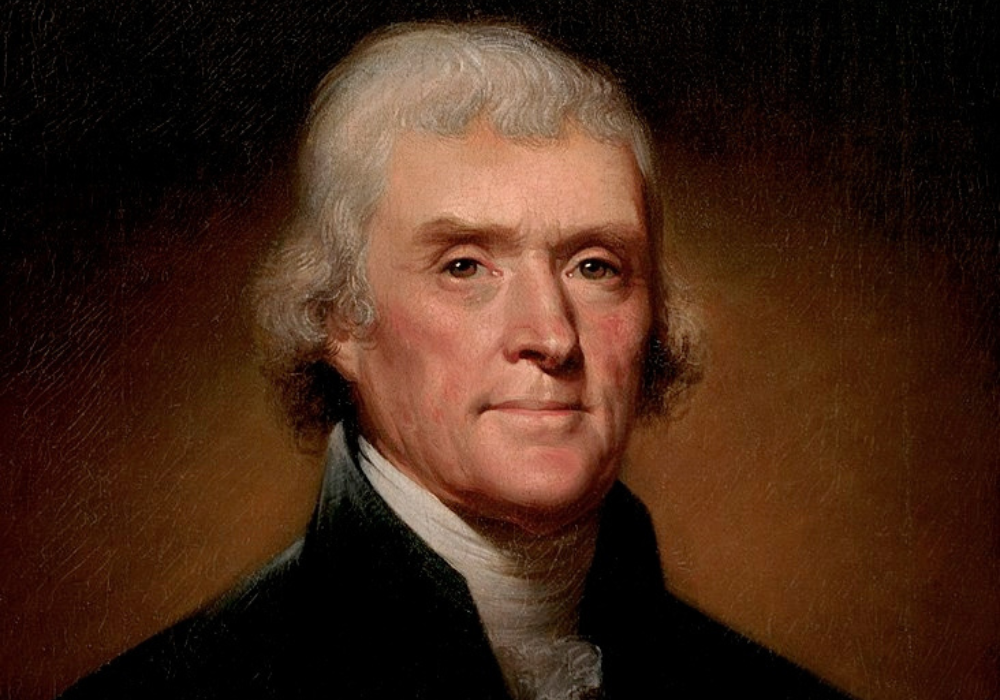
Thomas Jefferson’s presidency reshaped the geography and philosophy of the young United States. With the Louisiana Purchase, he expanded the nation’s territory by 828,000 square miles, opening the door for westward growth and exploration. This single move transformed America’s potential, giving future generations a vast canvas upon which to build.
Beyond territorial expansion, Jefferson’s intellectual legacy looms large. He was a man of Enlightenment ideals who believed deeply in liberty, education, and self-government. As the author of the Declaration of Independence, his influence extended beyond policy to the very identity of the nation. His presidency wasn’t without contradiction—he championed freedom while owning slaves—but his vision helped define what America could and should become.
6. Dwight D. Eisenhower built modern America while keeping peace.
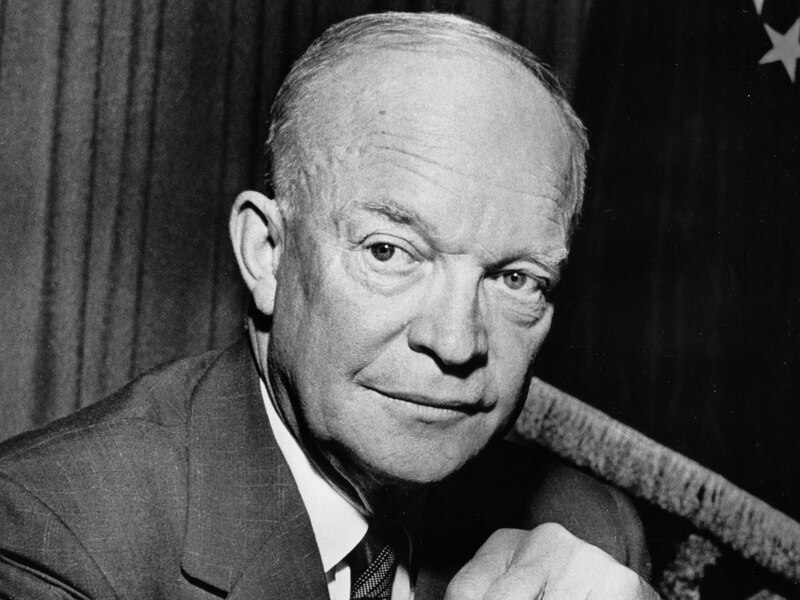
Dwight D. “Ike” Eisenhower brought military precision and calm pragmatism to the White House. As a five-star general who led Allied forces in World War II, he knew the cost of war—and as president, he worked to prevent it. His foreign policy centered on containment without escalation, and he steered America safely through the early Cold War.
Domestically, Eisenhower’s impact is still visible. The Interstate Highway System revolutionized transportation and commerce. He expanded Social Security and supported school desegregation by sending federal troops to enforce integration in Little Rock. His leadership was defined by a steady hand and common-sense governance. In a time of mounting tension, Eisenhower’s calm, moderate leadership gave the nation exactly what it needed.
7. Harry S. Truman made history-defining decisions.
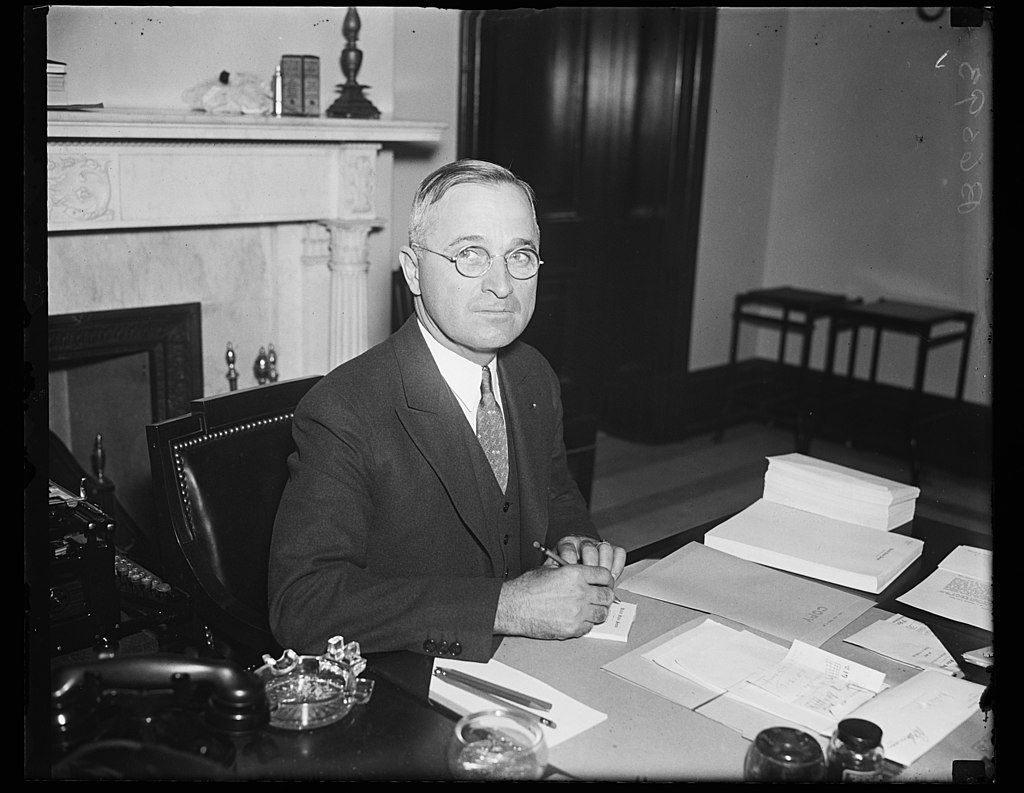
Thrust into the presidency after FDR’s sudden death, Truman faced the monumental task of ending World War II and guiding the world into a new era. He authorized the use of atomic bombs on Japan—a decision still debated—but one he believed would save lives. After the war, he spearheaded the Marshall Plan to rebuild Europe and established NATO to counter Soviet influence.
Truman also took bold steps at home, desegregating the military and laying the groundwork for civil rights progress. He faced relentless criticism and low approval ratings, but he never dodged responsibility. His iconic desk sign, “The Buck Stops Here,” wasn’t just decoration—it was a declaration of accountability. History has looked kindly on Truman, recognizing him as a principled leader in turbulent times.
8. Lyndon B. Johnson changed America with his Great Society.
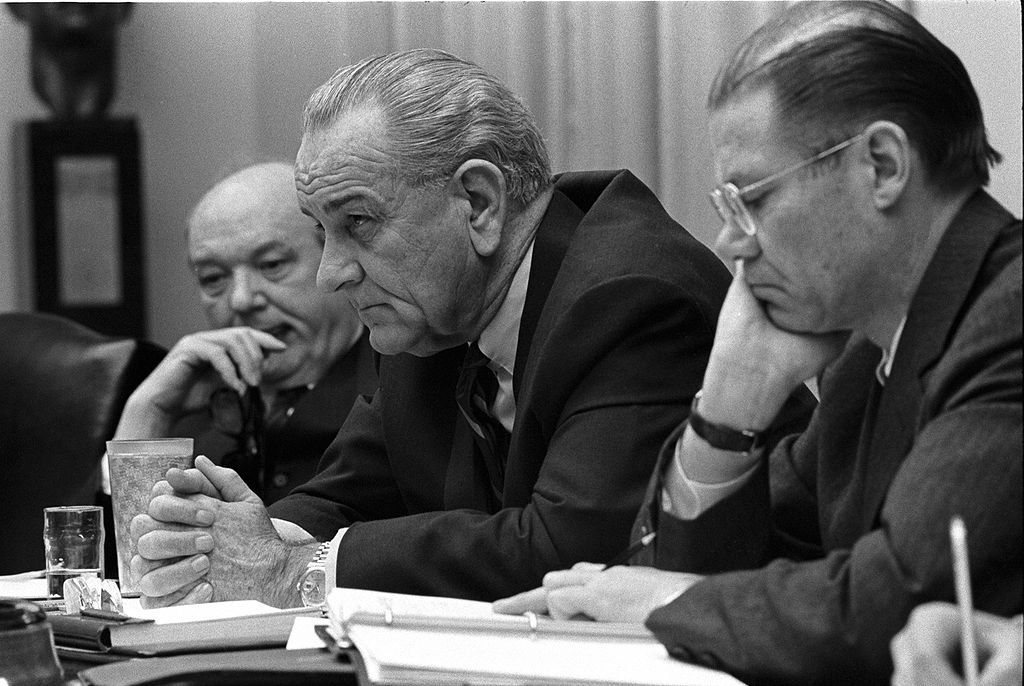
LBJ’s presidency was marked by towering ambition and legislative success. A master of political negotiation, he pushed through the Civil Rights Act and the Voting Rights Act, breaking down systemic barriers that had stood for generations. His Great Society programs brought Medicare, Medicaid, Head Start, and massive investments in education and poverty relief.
Yet, the Vietnam War casts a long shadow over his legacy. As the conflict escalated, public trust in government eroded, and his approval plummeted. Still, the social reforms he championed transformed American life. Johnson was a complex figure—part idealist, part power broker—but there’s no denying his impact. His vision of a more equitable society continues to influence policy debates to this day.
9. John F. Kennedy inspired a generation with his vision.
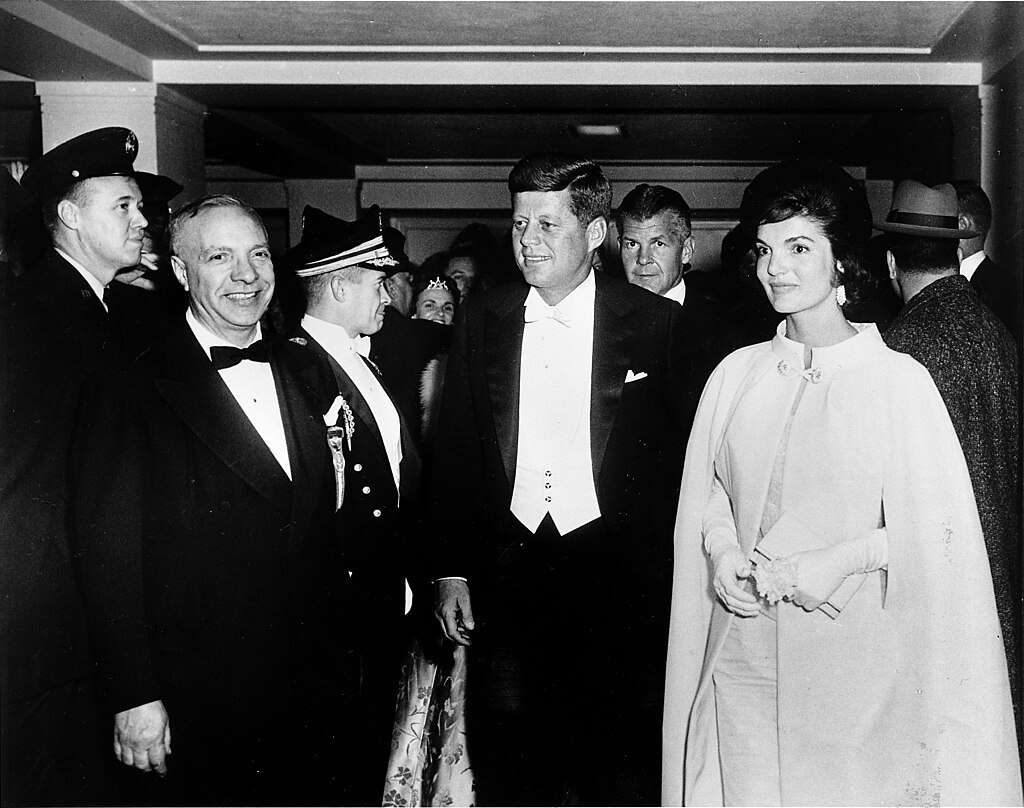
John F. Kennedy’s presidency, though tragically brief, marked a turning point in American identity. His stirring rhetoric—calling Americans to “ask what you can do for your country”—set a tone of service and aspiration. He faced enormous challenges: the Cuban Missile Crisis, nuclear tensions, and civil rights unrest. Yet, his cool-headed leadership during the brink of nuclear war likely saved millions.
JFK also launched the space race, declaring that America would go to the moon—a goal achieved just years later. Though his time was short, Kennedy became a symbol of possibility and progress. His assassination left a wound on the national psyche, but his youthful energy and optimistic vision still resonate. He remains an enduring symbol of leadership, hope, and unrealized potential.
10. James Madison shaped the Constitution and America’s future.
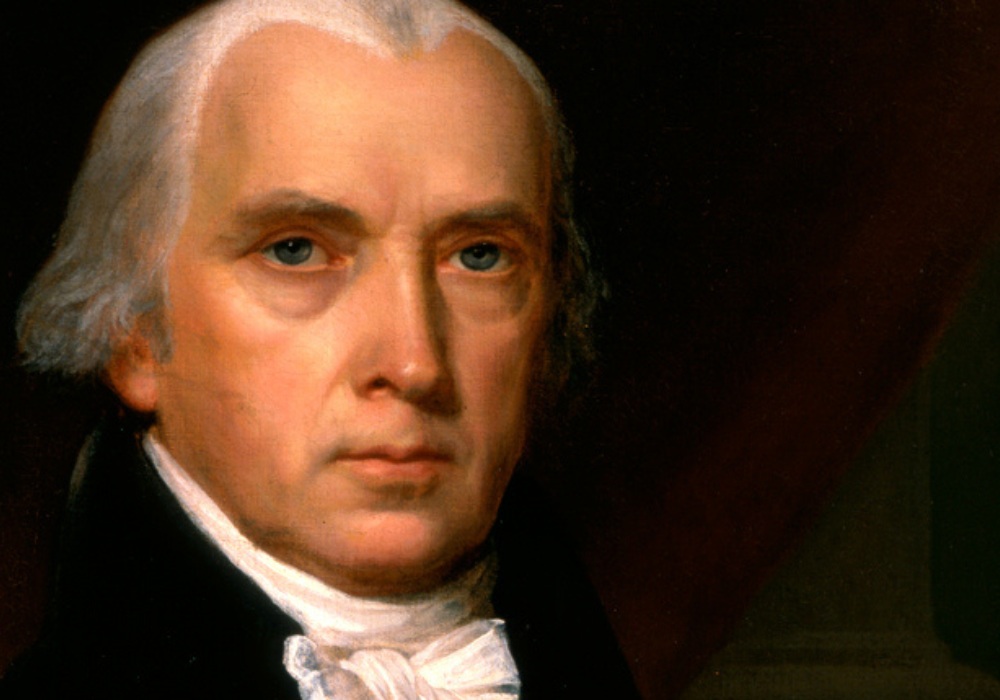
James Madison’s contributions go far beyond his presidency. As the “Father of the Constitution,” he crafted the framework of American democracy, ensuring checks and balances, individual rights, and a strong yet limited government. His advocacy for the Bill of Rights cemented his place as one of the most important architects of liberty.
As president during the War of 1812, Madison’s leadership was tested when the British burned the Capitol. Yet, he held the country together and helped establish the United States as a sovereign power that would not be easily dismissed. Madison’s brilliance in political theory translated into a practical, resilient system of governance. His legacy is one of intellect, foresight, and a deep belief in self-rule.
11. Barack Obama brought hope, change, and stability in uncertain times.
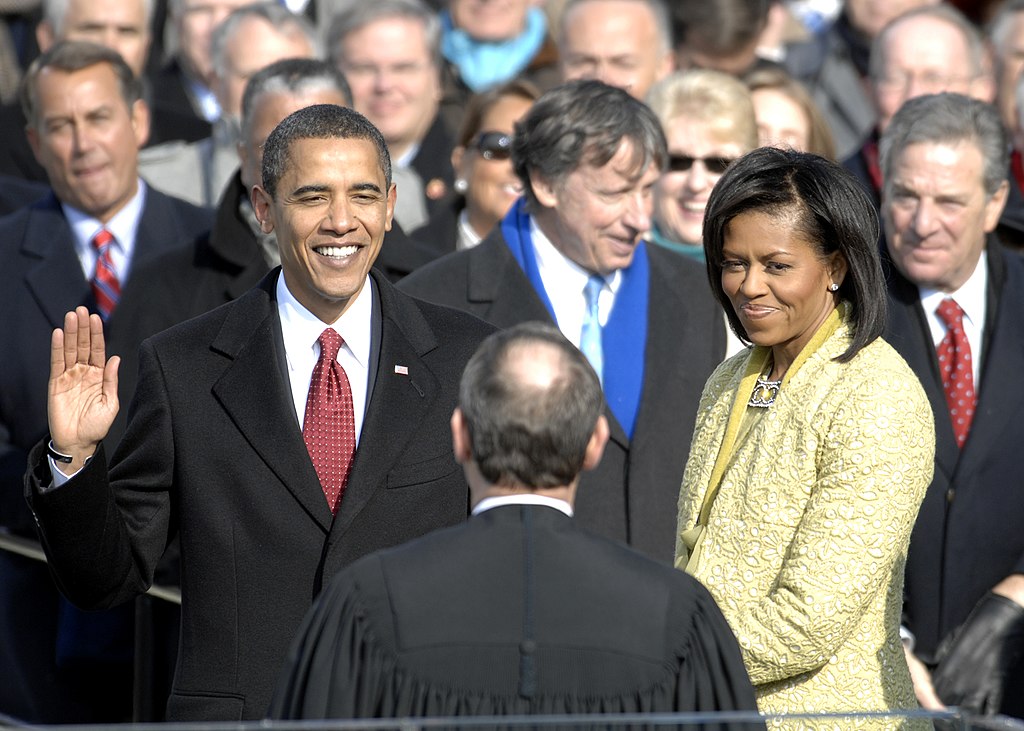
Barack Obama stepped into office at the peak of the Great Recession, facing widespread economic collapse and national anxiety. His stimulus efforts stabilized the economy, while the Affordable Care Act dramatically expanded healthcare access. His leadership style—measured, intellectual, and empathetic—brought a sense of calm in turbulent times.
Obama’s accomplishments went beyond policy. He captured imaginations globally, becoming a symbol of progress, diversity, and modern leadership. From rescuing the auto industry to ordering the mission that killed Osama bin Laden, his presidency was marked by tough choices and resilient recovery. His legacy, while still unfolding, continues to inspire a generation shaped by his message of hope and change.
12. James Monroe kept America strong and independent.
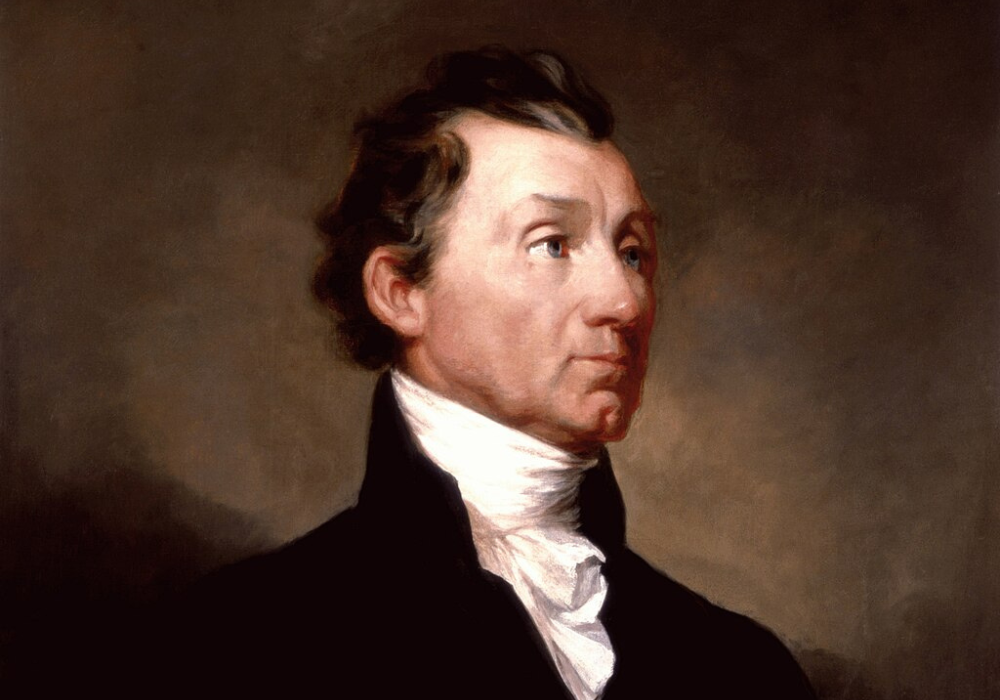
James Monroe’s presidency marked a high point in early American unity and growth. His Monroe Doctrine boldly declared the Western Hemisphere off-limits to European colonization, shaping U.S. foreign policy for more than a century. Domestically, he oversaw the acquisition of Florida and helped navigate the transition toward modern political structures.
Known as the “Era of Good Feelings,” Monroe’s time in office was defined by relative peace, prosperity, and nationalism. He worked to balance sectional tensions that were beginning to emerge, though they would later erupt into conflict. His leadership may not be flashy, but it was deeply effective—preserving stability and expanding American influence with quiet confidence.
13. Woodrow Wilson led America through World War I and reshaped global politics.
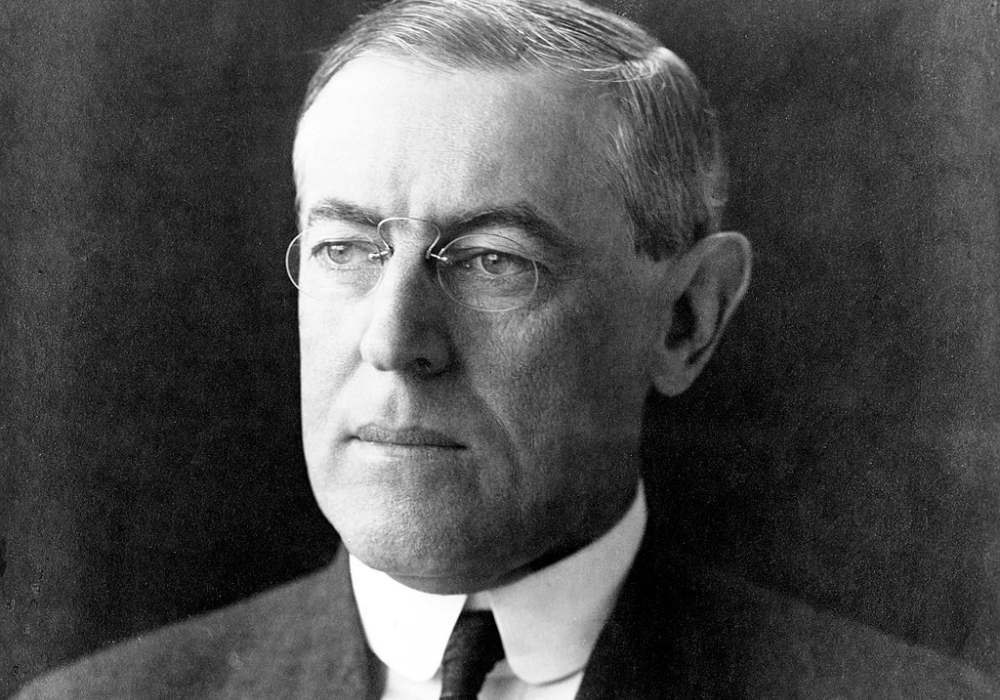
Woodrow Wilson viewed the presidency as a moral mission. He led the U.S. into World War I to “make the world safe for democracy,” and his efforts helped secure Allied victory. His Fourteen Points and vision for the League of Nations were revolutionary in imagining a new era of global cooperation—even if the U.S. ultimately rejected the League.
At home, Wilson enacted sweeping reforms, from income tax to labor protections. But his record is mixed—his administration was racially regressive, and his idealism sometimes clashed with political reality. Still, Wilson’s belief in principled leadership and his reshaping of international relations mark him as one of the most influential figures in 20th-century global politics.
14. Bill Clinton balanced the budget and led during a time of prosperity.
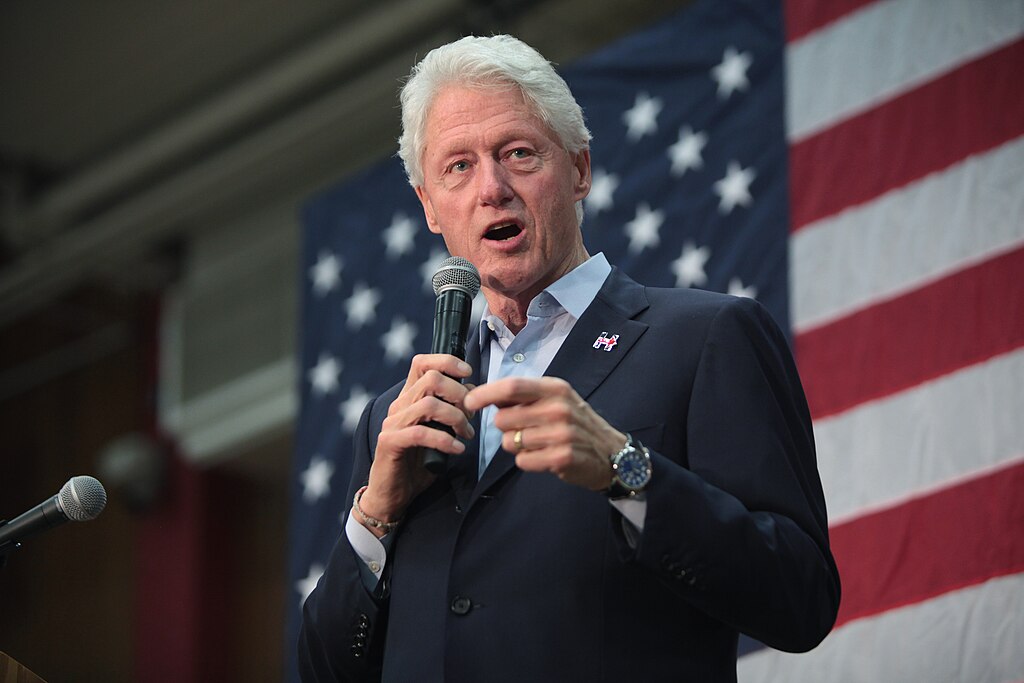
Bill Clinton’s presidency coincided with one of the longest periods of economic expansion in U.S. history. He worked with both parties to reform welfare, invest in education, and balance the federal budget. Under his watch, the country enjoyed budget surpluses, falling crime rates, and surging innovation during the tech boom.
Despite his personal scandals, which led to impeachment, Clinton remained politically agile and widely popular. His ability to connect with everyday Americans helped solidify his reputation as a skilled communicator and problem solver. While his legacy is complex, it’s also marked by pragmatic leadership and an ability to guide the country through a period of transformation.
15. James K. Polk expanded America like no other.
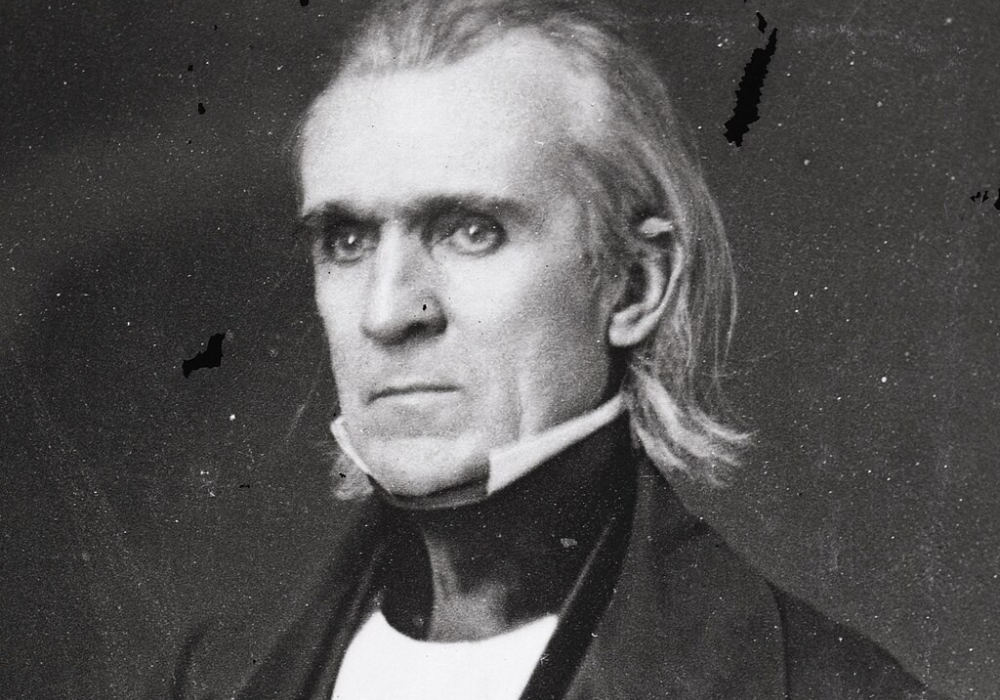
James K. Polk promised to serve only one term—and he made the most of it. Through bold diplomacy and military action, he expanded the U.S. territory by more than a third, including Texas, Oregon, and California. His firm vision of Manifest Destiny forever changed the nation’s borders and economic potential.
Polk was a tireless worker who avoided fanfare and focused on goals. His presidency was marked by efficiency, strategic planning, and a clear sense of purpose. Though controversial for his aggressive tactics, his impact is undeniable. He reshaped the map of America, proving that ambition and discipline could redefine a nation’s future.
16. The bottom 5 U.S. presidents left behind legacies of disaster and division.
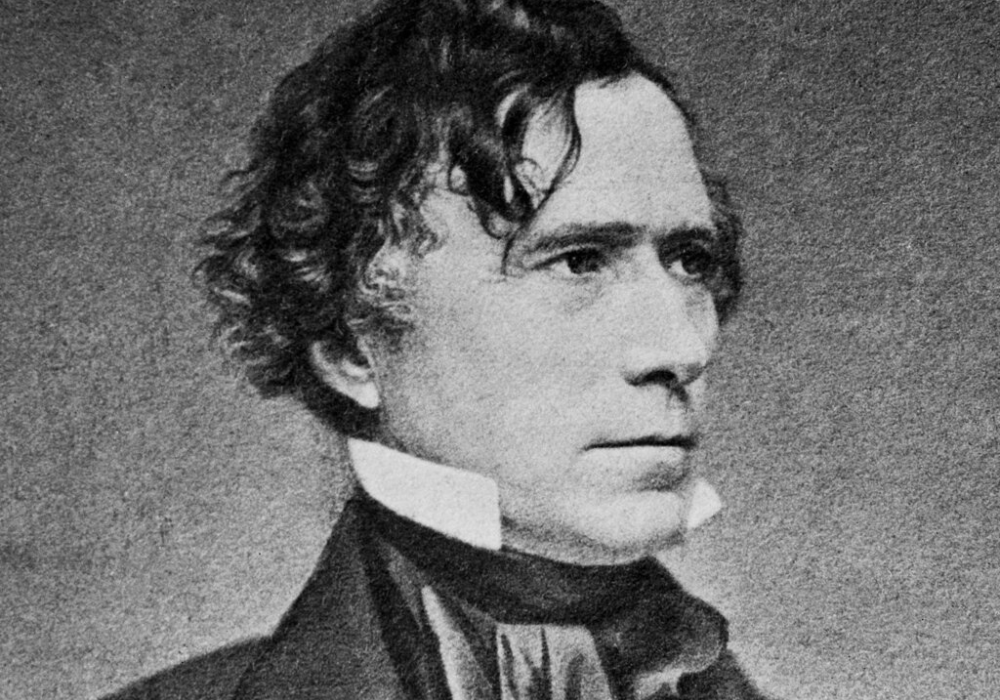
Not every president rises to the occasion—some leave scars instead of progress. According to Siena College’s 2022 rankings, the five worst presidents were Andrew Johnson, James Buchanan, Donald Trump, Warren G. Harding, and Franklin Pierce. Each of them presided over moments of national crisis and responded with either incompetence, corruption, or destructive policies.
Johnson’s refusal to support Reconstruction and protection for newly freed slaves led to his impeachment. Buchanan’s inaction in the face of Southern secession was catastrophic. Trump’s term was marked by division, misinformation, and a historic second impeachment. Harding’s administration was plagued by scandal, and Pierce’s lack of leadership accelerated the march toward civil war. These presidencies serve as reminders of how poor leadership can steer a country toward conflict, chaos, and long-lasting damage.
